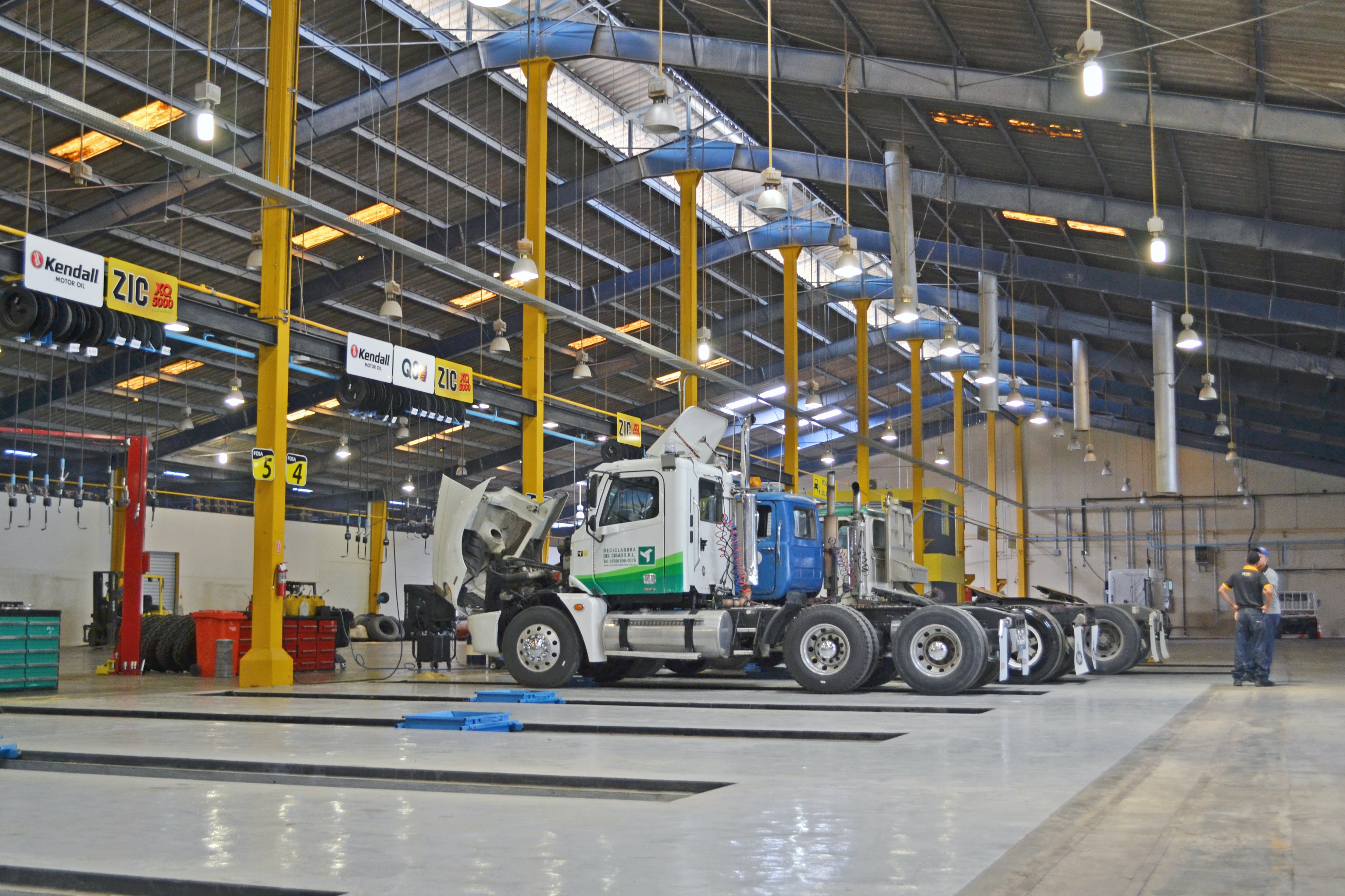Overloading a truck is considered negligence as it increases the risks of mechanical failure due to the strain the extra loads puts on the truck’s critical systems.
Anchorage, AK – Truck accident claims are far more complex than crashes between regular passenger cars. For one thing, in a truck accident, you can have more than one liable party. It may be only the trucker’s fault, but talking to experienced Alaska truck accident lawyers they may discover you can also hold the trucking company or the cargo’s owner accountable for damages.
At the same time, truck accidents are more dangerous and often result in severe injury or death. Settlements in these types of crashes tend to be larger, but don’t expect an insurance company to offer you $1 million without putting up a fight.
To win the damages you deserve you’ll need seasoned truck accident lawyers with good knowledge of traffic laws and federal regulations concerning the trucking industry.
Here are the main federal regulations you should know about.
Hours of Service regulations
As driver fatigue is one of the most common causes of truck accidents, the Federal Motor Carrier Safety Administration (FMCSA) has imposed strict limits on the number of hours a trucker can be on the road in 24 hours. According to the federal Hours of Service, a trucker can be on duty for a total of 14 hours, which includes the time needed to inspect the vehicle and prepare for the trump, and no more than 11 hours of driving. After that, a trucker must take a 10-hour break.
If there’s any suspicion fatigue may have played a role in the crash, your Alaska truck accident lawyers will look at the data in the driver’s log to see how many hours the driver had been on the road in the past 24 hours, as well as in the past 7 days.
You can hold the employer partly accountable if they knew of the HoS violation, condoned or encouraged it in any way.

Mechanical failure
Let’s say the truck in front of you has a tire blowout. The trucker may lose control of the vehicle, try to compensate with a sudden move and slam into you. Can you really blame the trucker for that? Of course, you can and you can blame the company he works for, too. For one thing, experienced drivers know how to handle such a situation so maybe the trucker did not receive proper training.
Also, your attorneys will want to check the company’s maintenance records. Trucking companies are required by federal law to provide timely maintenance to their fleet. Any failure to do so is considered negligence and the company will have to pay for it.
Improper loading
The FMCSA has strict rules concerning the load on a truck. Overloading a truck is considered negligence as it increases the risks of mechanical failure due to the strain the extra loads puts on the truck’s critical systems.
At the same time, the load must be properly balanced and secured to prevent a sudden shit that could cause a rollover.
Your lawyers will examine the truck’s papers and the vehicle to determine if there was any violation of federal regulations. In such a case, you may file a claim against the insurer representing the owner of the cargo, the shipping company, or whoever was responsible for loading the truck.
Attorneys Near Me
If you’re looking for an accident lawyer or need professional help with other legal matters, you may be wondering “Where can I find Attorneys Near Me?” Don’t worry, help is just a few clicks away. Just follow the link to go to the extensive database on usattorneys.com and select a trustworthy lawyer in your area
If you were recently involved in a truck accident anywhere in Alaska, you need to schedule a free consultation with a skilled attorney at the Farnsworth & Vance law firm in Anchorage to see who may be liable for damages in your case.


Join the conversation!